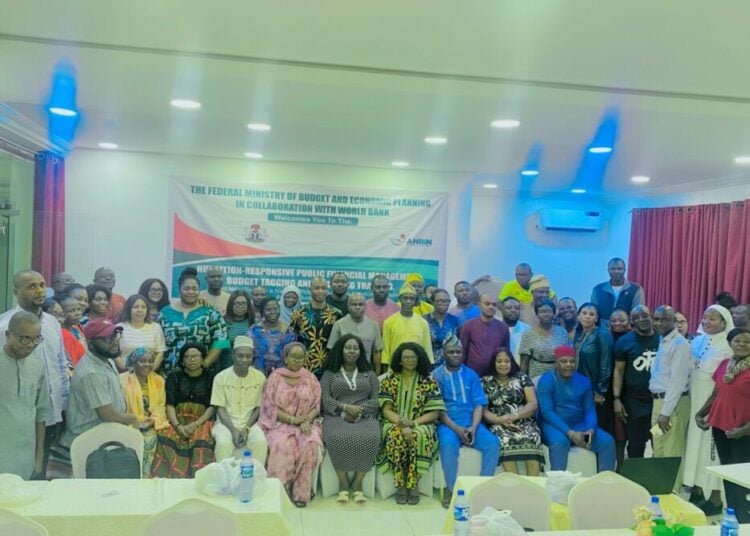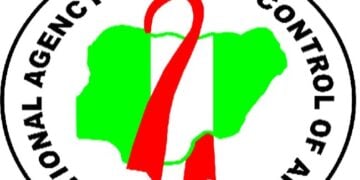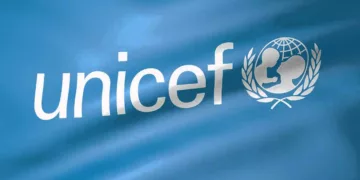In collaboration with the World Bank, the Federal Ministry of Budget and Economic Planning has commenced the fourth round of training for budget officers from the different states of Nigeria on integrating nutrition into the national budget cycle.
Delivered under the Accelerating Nutrition Results in Nigeria (ANRiN) Project, the exercise has expanded from 11 pilot states to nationwide, moving Nigeria closer to a comprehensive national picture of nutrition financing across ministries, departments, and agencies (MDAs).
Through nutrition budget tagging, the initiative does more than provide expenditure estimates. It identifies financing gaps against the National Multisectoral Plan of Action for Nutrition; generates credible numbers for policy dialogue and advocacy; enhances transparency and visibility of nutrition budgets across sectors; enables tracking of allocations and releases over time; helps assess efficiency and equity of resource use; and provides an evidence base for mobilising new resources and improving donor alignment.
The World Bank and the federal government said the workshop marks an essential step in embedding nutrition considerations into Nigeria’s budgetary processes, ensuring more effective and accountable financing for human capital development.
The acting permanent secretary of the Ministry of Budget and Economic Planning, Sampson Ebimaro, stressed the need for nutrition to be adequately captured in Nigeria’s budgetary framework, saying it is central to building a healthy and productive population.
Ebimaro said the government must move beyond projections to ensure releases are made and effectively utilised for food and nutrition-related interventions. According to him, “one thing is to project, another is for budget to be what? So, we need to work hard and see that it is adequately followed.”
He underscored the importance of grassroots food education, particularly for rural mothers who may not be literate, urging the development of pamphlets on local food components and their preparation methods.
Tagged, “Towards a National picture: advancing Nutrition Financing through Budget Tagging,” the workshop was attended by 21 states of the federation.
A representative of the World Bank at the event, Mrs Susan Adeyemi, said it’s imperative to budget for nutrition as a national initiative, adding that investing in nutrition is both a moral and an economic imperative.
“There is a need for expenditure control to achieve the actual purpose of the funds for nutrition. We have to prioritise nutrition. We must follow the processes to achieve allocative and operational efficiency,” she said. “We are here today to ensure that malnutrition is tackled.
If we can reduce stunting by 2025, we can gain.”
The director of the ministry’s Nutrition Department, Clementina Okoro, said the training will help the attendees understand and identify the gaps and ways to solve the problem of “malnutrition in our respective states.”
She also disclosed that the federal would develop a national plan on nutrition financing by ending of the first quarter of next while the states are expected to start developing their plans from the second quarter.
Ebimaro suggested that materials be translated into local languages to help communities understand how to combine food items for balanced nutrition. “They need to be told that when you add this to this to this, it will give you the real component we need in that food,” he said, noting that the absence of such initiatives leaves the country “still hanging somewhere.”
The official also warned that nutrition efforts must go beyond promoting healthy eating for its own sake, stressing that good food should translate into improved economic productivity. He lamented the lack of a comprehensive and standardised system for tracking nutrition-related expenditure in government, describing it as a major obstacle to achieving results.
He added that workshops like the one convened would provide “valuable insights and innovative ideas that can revolutionise our implementation approach” and drive progress in nutrition financing and policy execution.





